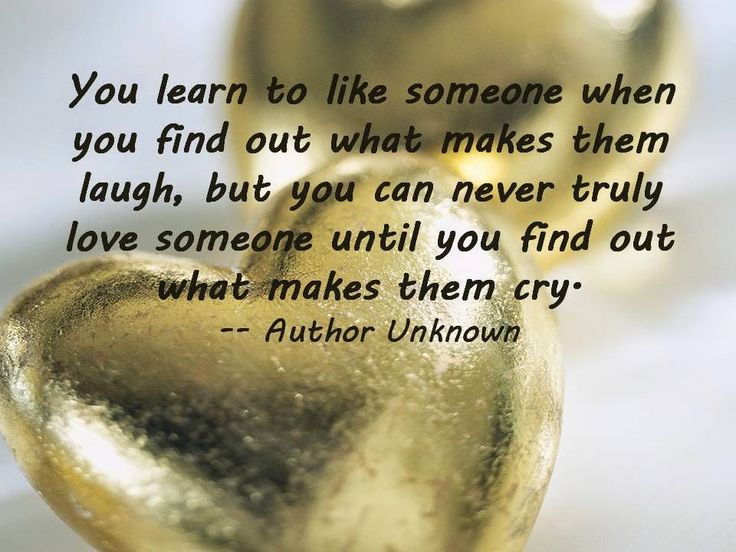

Self-love, is not love of self in the sense of egocentrism and conceit, but is the kind of self-acceptance and selfesteem that give us the confidence to love other people and form social relationships that are both healthy and productive.

It is by its very nature exclusive and not universal”-involves the greatest possible investment of one’s self in the happiness and welfare of another person, as well as the greatest opportunity for growth on the part of both individuals. Erotic love- “the craving for a complete fusion, for union with one other person. Brotherly love, which is oriented toward all of one’s fellow men, includes “the sense of responsibility, care, respect, knowledge of any other human being, the wish to further his life.” Parental love is a willing, unconditional, and nonpossessive assumption of responsibility for the well-being and growth of one’s child, together with an acceptance of the fact that his life is his own. In his book, The Art of Loving (1956), Erich Fromm delineates five relationships. It is an experience of sharing, of communion, which permits the full unfolding of one’s inner ability.” (Fromm, 1956)Love takes many forms and has many expressions. To these four components may be added a fifth: “Retaining the separateness and integrity of one’s own self. A complex yet basically unified emotion comprising tenderness, affection, and devotion to the well-being of another person or persons.In more specific terms, love involves (a) feelings of empathy, the ability to enter into the feelings and share the experiences of the loved one (b) profound concern for the welfare, happiness, and growth of the loved one (c) pleasure in actively devoting thought, energy, time, and all other resources to the loved one and (d) full acceptance of the uniqueness and individuality of the loved one, and his right to be himself (based on Prescott, 1957).


 0 kommentar(er)
0 kommentar(er)
